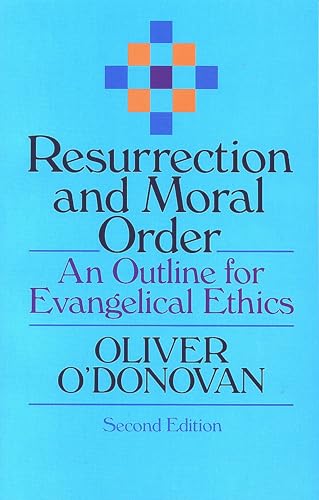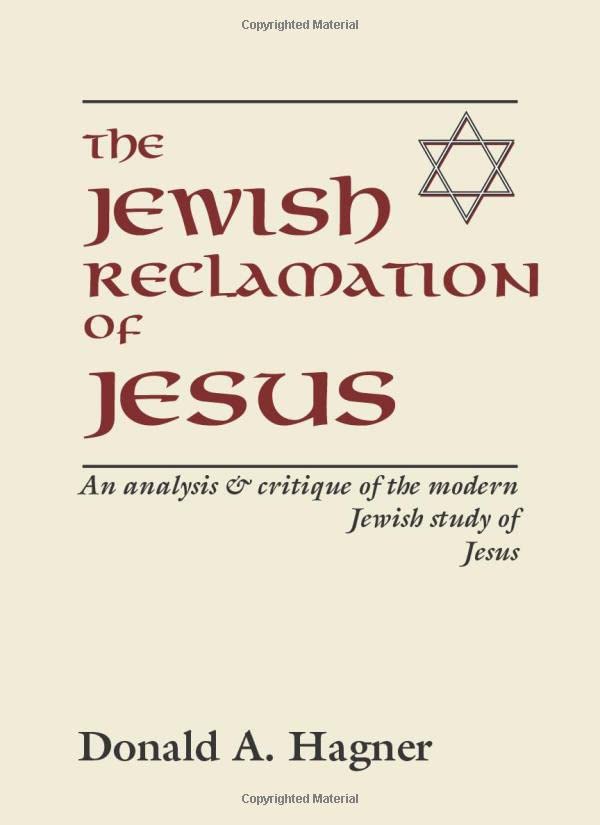Here We Stand: Justification by Faith Today
Written by J. I. Packer Reviewed By Tony BakerThe renewed scholarly interest in justification, encouraged no doubt by ARCIC, is cause for thanksgiving, although it scarcely seems a topic of conversation at pew level. These essays may help to stimulate that interest. They are written by the Oak Hill faculty, past and present, to celebrate the college’s Golden Jubilee.
Each of the eight essays has its place, ranging from Butterworth’s ‘Justification in the Old Testament’ to Wheaton on ‘The Justified Minister at Work’ and ‘Liturgy for the Justified’. Bray’s essay on ‘Justification and the Eastern Orthodox Churches’ is fascinating, and perhaps the only short essay available introducing an often ignored subject. Carey brings us up to date on ‘Justification and Roman Catholicism’ with an introductory essay which complements his earlier one, ‘Justification by Faith in the Roman Catholic Church’, in The Great Acquittal (1980). The present essay includes a discussion of McGrath’s evaluation of Küng, and concludes, ‘we need not share McGrath’s pessimism’, arguing that Küng pinpointed definite areas of agreement between some Protestant and some Roman Catholic theologians.
However, for this reviewer three essays were notable: Packer’s ‘Justification in Protestant Theology’ gives in 18 pages a remarkably lucid and comprehensive summary, pinpointing with unfailing accuracy the ways the doctrine has been distorted. Atkinson’s ‘Justification by Faith: A Truth for our Times’ gets up a splendid head of steam. Written by a preaching scholar (by no means the same as a scholarly preacher), it speeds across the page with all Luther’s own fervour and sometimes his language as well. The implications of the doctrine are excellently drawn out. If you have listened to a bad Sunday’s preaching (or maybe done the bad preaching yourself), read this and you will be revived.
Most outstanding is Stephen Motyer’s ‘Righteousness by Faith in the New Testament’. It is worth buying the book for this stimulating essay alone. Beginning with ‘Righteousness in Matthew’ before moving to Pauline material, he argues, ‘there is no doctrine of justification in the New Testament: rather, there is a doctrine of righteousness’. His sections on the Law, the death of Christ, union with Christ, and the meaning of faith really form an exposition of Gal. 2:17–21. The thinking is fresh and the writing is crisp. An odd statement on p. 35, ‘that there were and are missionary situations in which justification would be an inappropriate theme to present as the heart of the gospel’, should not prejudice the reader against the essay as a whole.
Altogether, a useful collection.
Tony Baker
Christ Church, Beckenham







